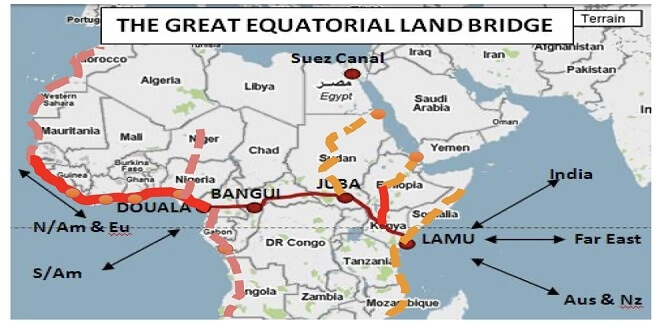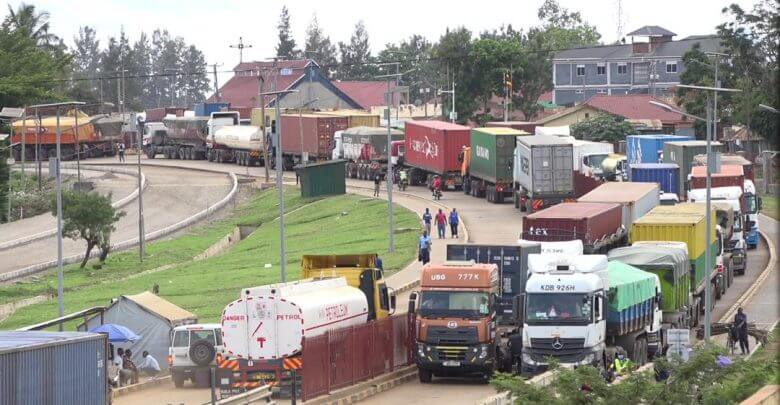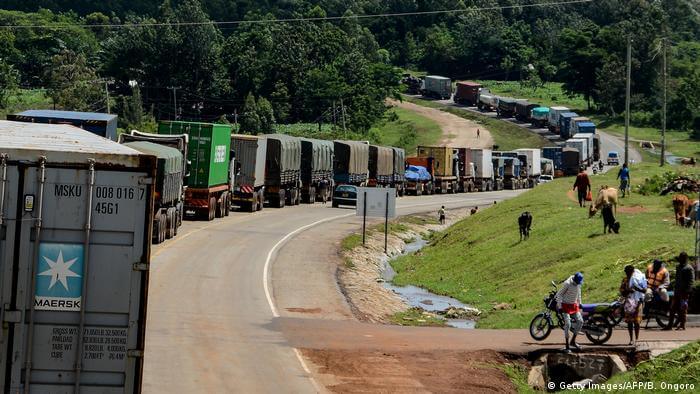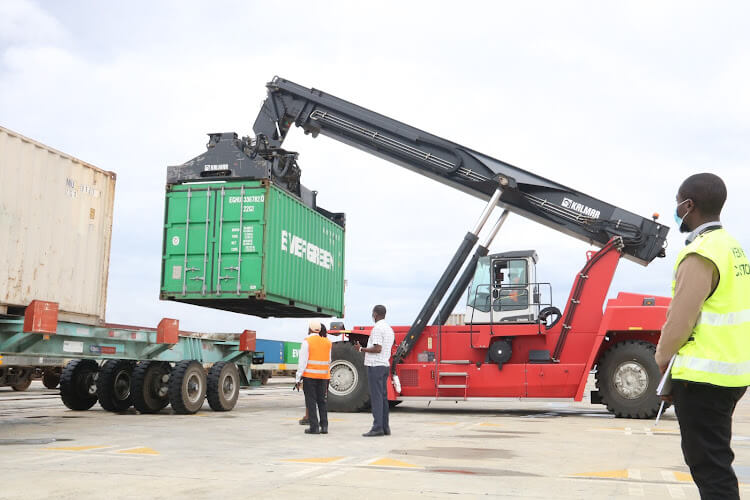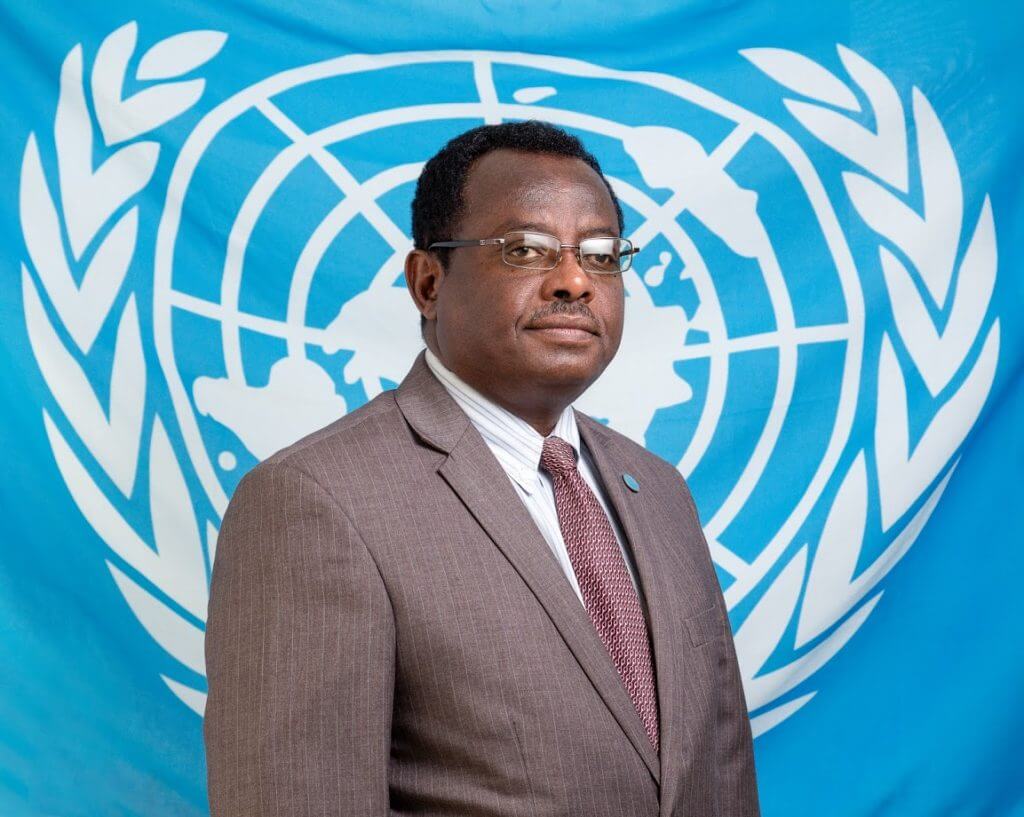The African Development Bank (AfDB), which sets its primary tasks of contributing to the continent’s economic and social development by providing the necessary concessional funding for projects and programmes, as well as offering and coordinating assistance in capacity-building activities, has now embarked on various post-COVID-19 initiatives throughout the continent, especially in the least developed African countries. In the latest was the mid-March event where potential investors have examined more than $50 billion of curated bankable projects in key priority sectors identified in the Africa Investment Forum’s 2020 Unified Response to COVID-19 initiative. The sectors include agriculture and agro-processing; education; energy and climate; healthcare; minerals and mining; information and communications technology and telecommunication; and industrialization and trade. Nine of these projects are women-led, with a potential value of $5 billion. The AfDB has secured $32.8 billion in investment commitments for projects in Africa. The largest deal secured at the three-day Africa Investment Forum was $15.6 billion for the Lagos-Abidjan mega highway of about 1,200 km (745 miles) will have four to six lanes, connecting West Africa’s two major cities in Nigeria and Ivory Coast, said AfDB President, Mr Akinwumi Adesina. “Africa is a very bankable continent. We’ve gone through hard times because of the Covid-19 situation but here we are on a rebound,” said Adesina. “Africa is back for investments.” The projects, part of the bank’s Covid-19 response, touch on sectors including agriculture and agro-processing, education, energy and climate, healthcare, minerals and mining, and information and communications technology. Adesina said that...
AfDB Mobilizes Funds for Projects Via Integrated Platforms
Posted on: March 21, 2022
Posted on: March 21, 2022





